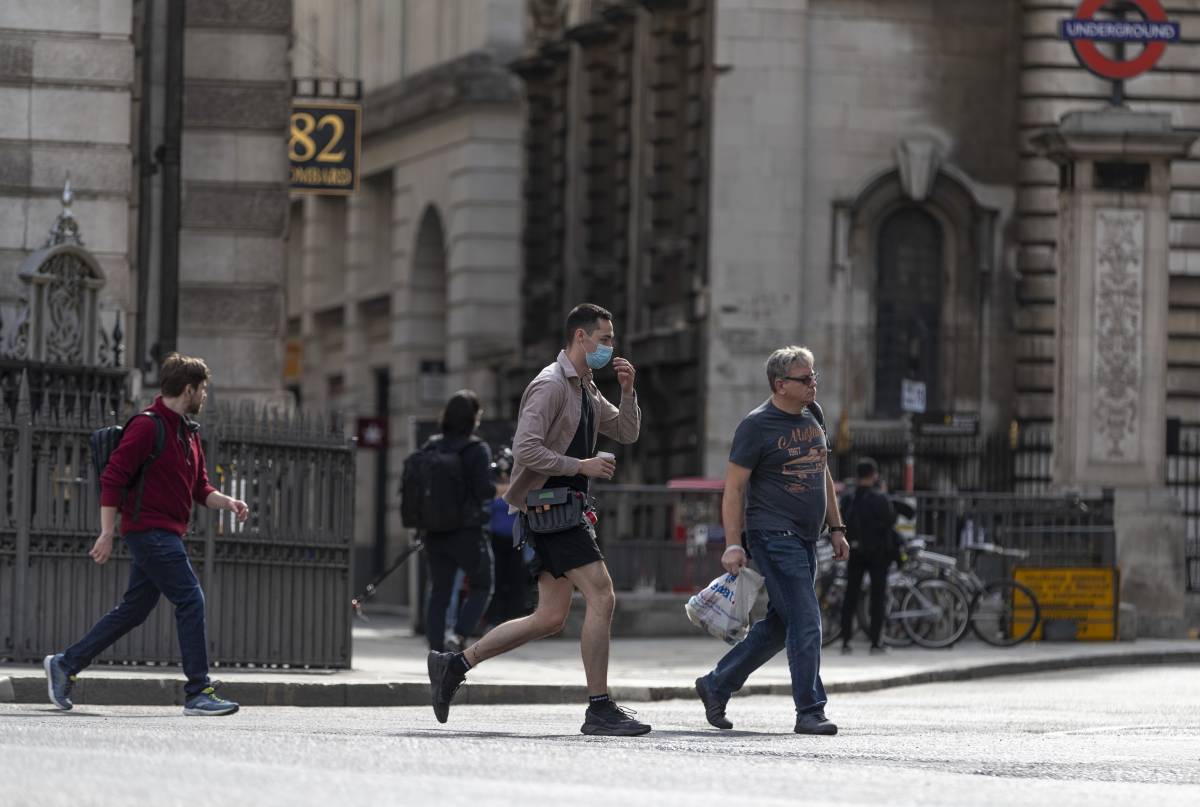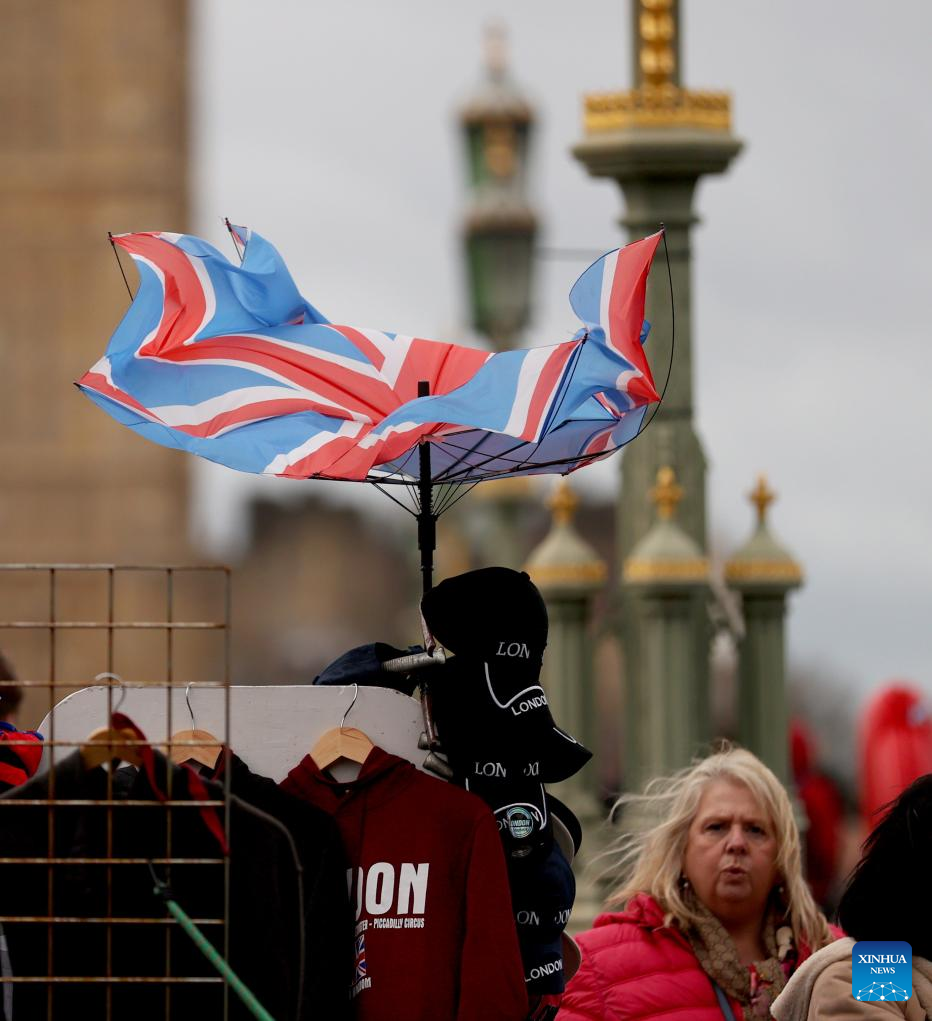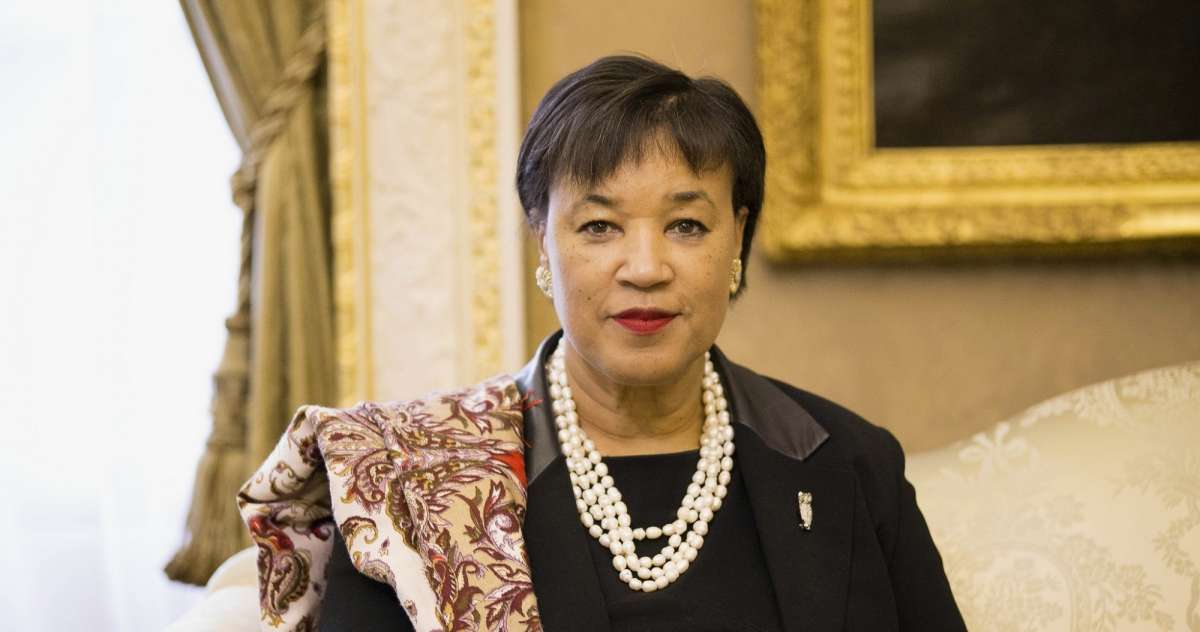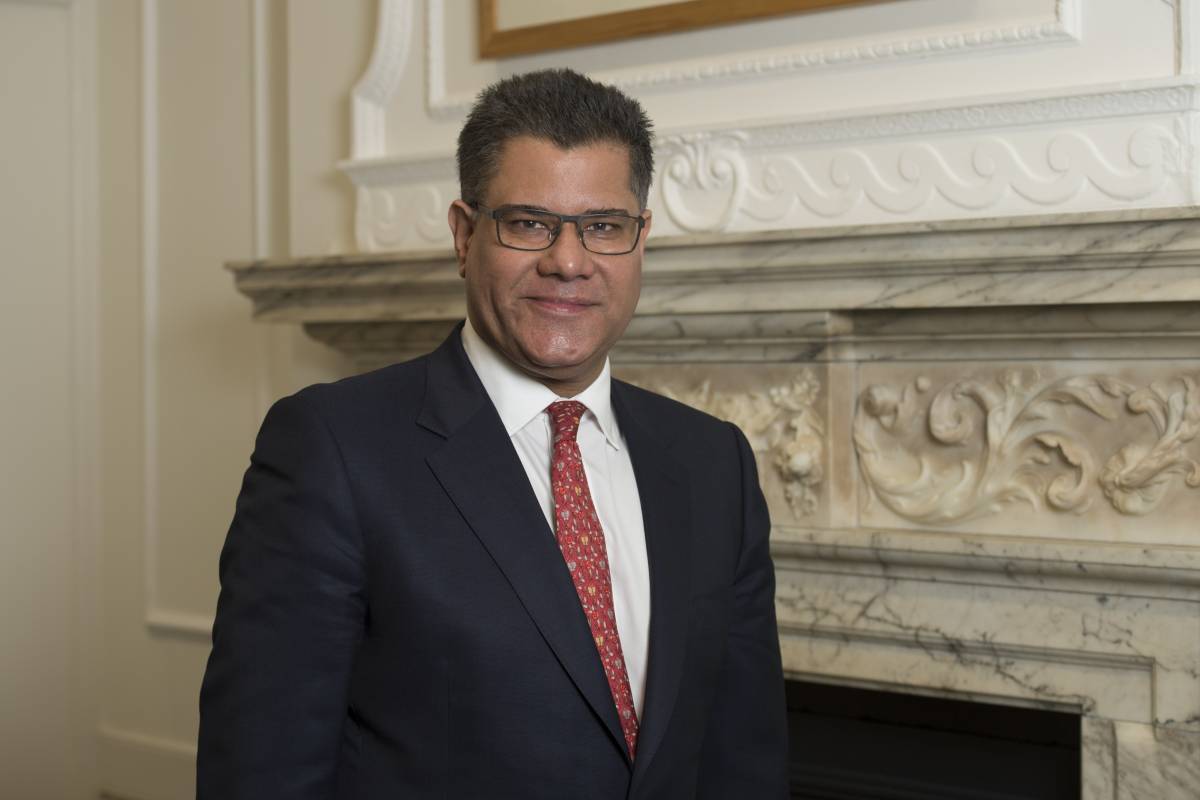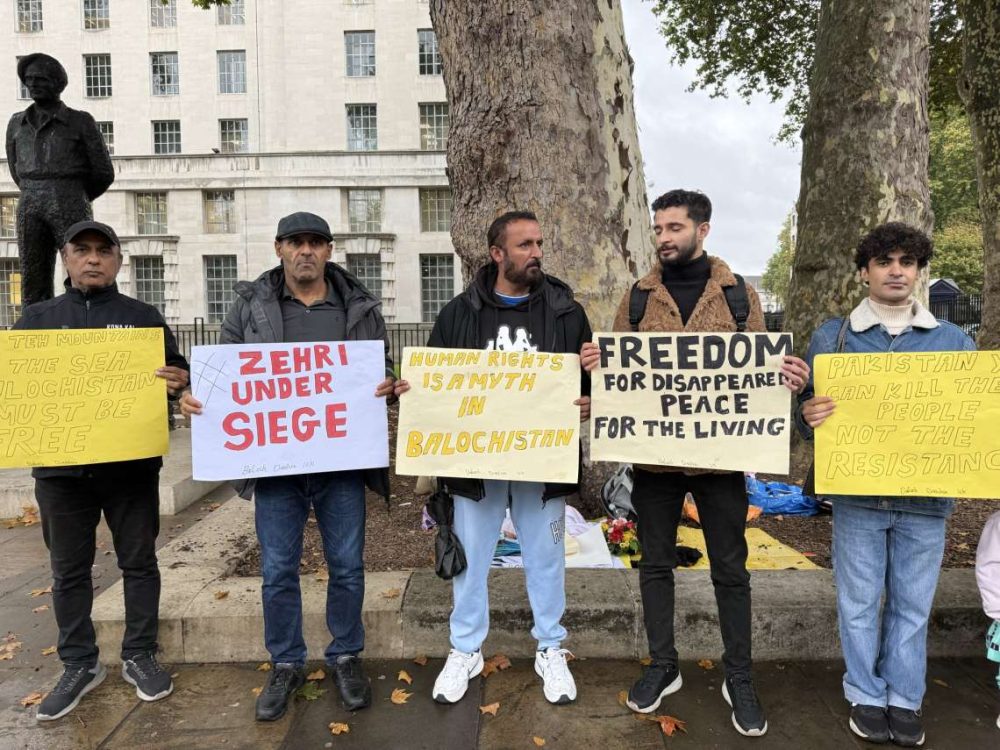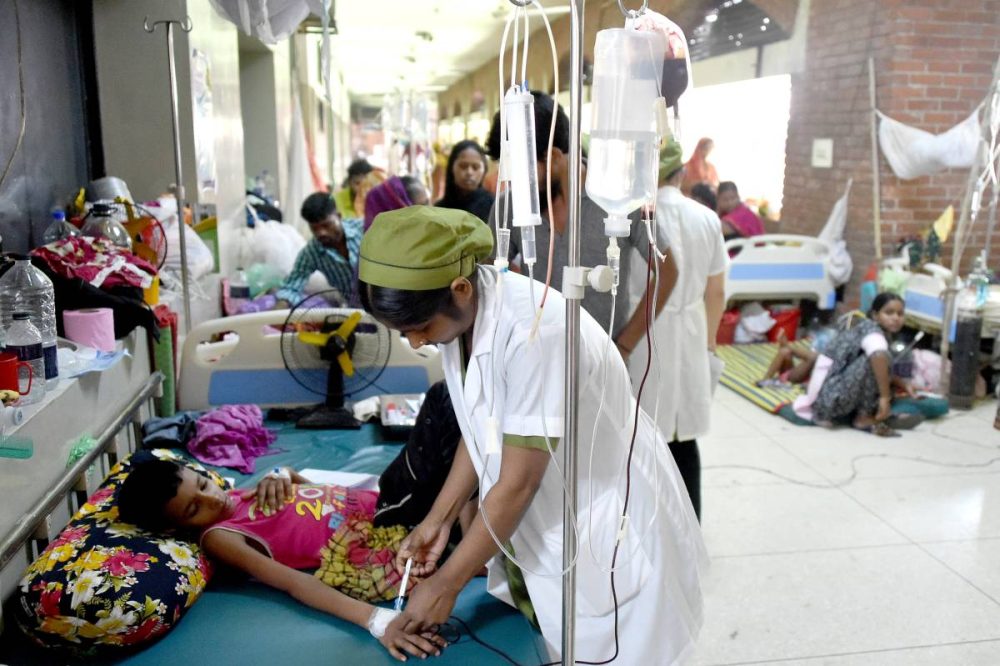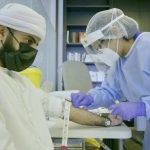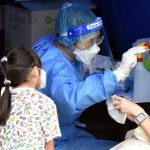It further reported that the third factor is now widely accepted that mixing associated with the Euro 2020 championships increased the COVID cases…reports Asian Lite News.
Scotland has become the ‘COVID capital’ of Europe with five in ten of the areas with highest infection rates, according to the Scottish newspaper.
Citing the World Health Organisation, The Scotsman reported that Tayside has the highest rate of COVID cases in Europe with 677 cases. This is followed by Lothian, at 570 COVID cases. Greater Glasgow and Clyde, Fife, and Lanarkshire are also in the top ten areas with the highest infection rates.
The reasons for Scotland’s high COVID infection rates cannot be known for sure, but it’s likely to be a number of factors. The first factor is the ease of COVID-19 restrictions while the cases were rising, according to the Scottish newspaper.
The other factor includes the current wave, driven by the Delta variant of COVID, first identified in India. This seeded into Scotland’s biggest city, Glasgow, and as such has been able to spread quickly to the rest of the country, The Scotsman reported. The cases began to rise across the whole of Scotland several weeks after the variant became a concern in Glasgow.
It further reported that the third factor is now widely accepted that mixing associated with the Euro 2020 championships increased the COVID cases. Almost 2,000 people who tested positive for COVID in June had attended a Euro 2020 event – including those who travelled to London for the Wembley game, spectators at Hampden or people who had watched a match in the Glasgow fan zone or at a pub or house party.
First Minister of Scotland, Nicola Sturgeon has pointed to a lower population immunity in Scotland. In previous waves of the virus, there were fewer infections in Scotland than elsewhere in the UK, meaning that fewer people have developed natural immunity.
Meanwhile, the Highlands’ largest hospital has been placed on “code black status” after reaching capacity amid increasing COVID cases, BBC reported.
Citing NHS Highland statement, BBC reported that the staffing and services at Inverness’ Raigmore Hospital were under pressure due to large numbers of staff having to self-isolate. The health board stated that its other hospitals and services were facing similar challenges with staffing.
All non-urgent elective surgery has been cancelled. Outpatient activity – with the exception of cancer, urgent and some other activities – has also been cancelled.
NHS Highland said its area was seeing more than 100 cases on a daily basis. In June, it had more than 1,300 cases which is about a fifth of the health board’s total number of cases since the start of the pandemic.
“The number of Covid-19 cases across our area has increased significantly,” NHS Highland said, adding “This is impacting on NHS Highland as some of these cases are now being admitted into our hospitals.”
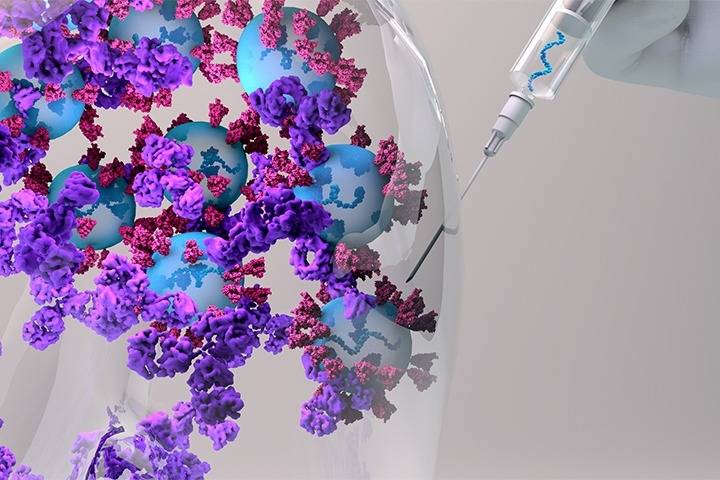
It added, “We are also seeing the impact on a large number of our staff, across a number of settings, who are having to self-isolate leading to gaps and pressures in our service. In addition to this we are also at the beginning of the summer school holidays and planned annual leave.”
Dr Boyd Peters, medical director for NHS Highland, said, “We are doing all we can to safeguard services but we have had to make the difficult decision to cancel non-urgent work which I know many will find upsetting and frustrating.
“We are very sorry that we have had to do this,” Peters added. (ANI)
ALSO READ-Pam Gosal Creates History in Scotland
READ MORE-Scotland to lift all curbs by Aug 9


